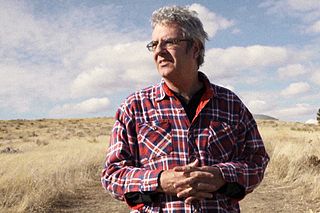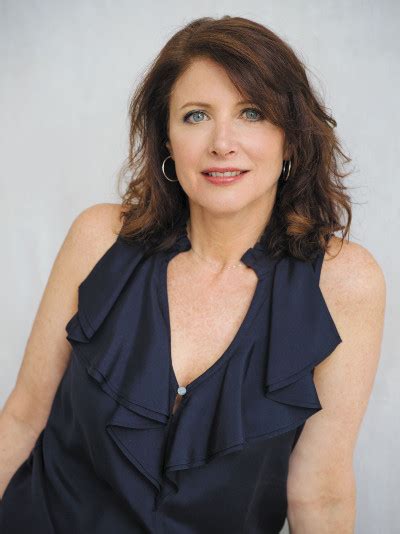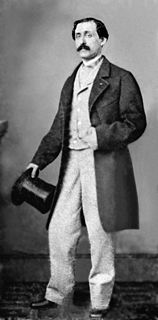A Quote by Poe Ballantine
Because I've lived a risky and unconventional life, I don't often struggle for subjects to write about.
Related Quotes
There's no subject you don't have permission to write about. Students often avoid subjects close to their heart ... because they assume that their teachers will regard those topics as 'stupid.' No area of life is stupid to someone who takes it seriously. If you follow your affections you will write well and will engage your readers.
For me, the passing of time has provided me with subjects I never had before. Subjects I can now look at from a historical perspective. Like the anti-communist era in America. I lived through that. I was a boy; I didn't find a way to write about it until many years later. The same with the Vietnam War.
The way that I'm feeling the shift in movie industry is that women are allowed to be part of the development process. So I do feel like things are changing because I'm allowed to option books or write an original screenplay or direct. Those possibilities are really wide open. I think that males still struggle to write for females, which is totally fine because I don't think I could write a really impactful male role because that's not the life that I lived. So we'll just keep shouting and say we need more opportunities for not just women but people that are just different.
I write about the power of trying, because I want to be okay with failing. I write about generosity because I battle selfishness. I write about joy because I know sorrow. I write about faith because I almost lost mine, and I know what it is to be broken and in need of redemption. I write about gratitude because I am thankful - for all of it.
I write because I have an innate need to. I write because I can't do normal work. I write because I want to read books like the ones I write. I write because I am angry at everyone. I write because I love sitting in a room all day writing. I write because I can partake of real life only by changing it.
Stories about mental aberration and oddity only make sense in context. Just how do people live with someone who is peculiar, gifted, strange or alien? It's odd because there's a little part of me that wants to write about exotic, strange bizarre subjects. Instead, I've rather reluctantly realised that what I write about is families.
The relationship I have with my mother now, and photographing her in front of the grave, it opens up discussions, and dealings with the conversations with my mother about, when I was little, how we lived and about suicide and talking about it, so it's something positive, it brought us more together, because people might never discuss that. Some families never go near certain subjects because it's too hurtful or too close or too dangerous. But within doing these photographs, I also wanted to open up a conversation with her about certain things about life.
Tone is an interesting question because part of the inspiration of looking to song is that Geisel himself - when you think about his animated version of The Grinch - embraced the idea of using songs in unconventional ways, as part of conveying a narrative. The use of music, in this film, is very unconventional, which I love.





































